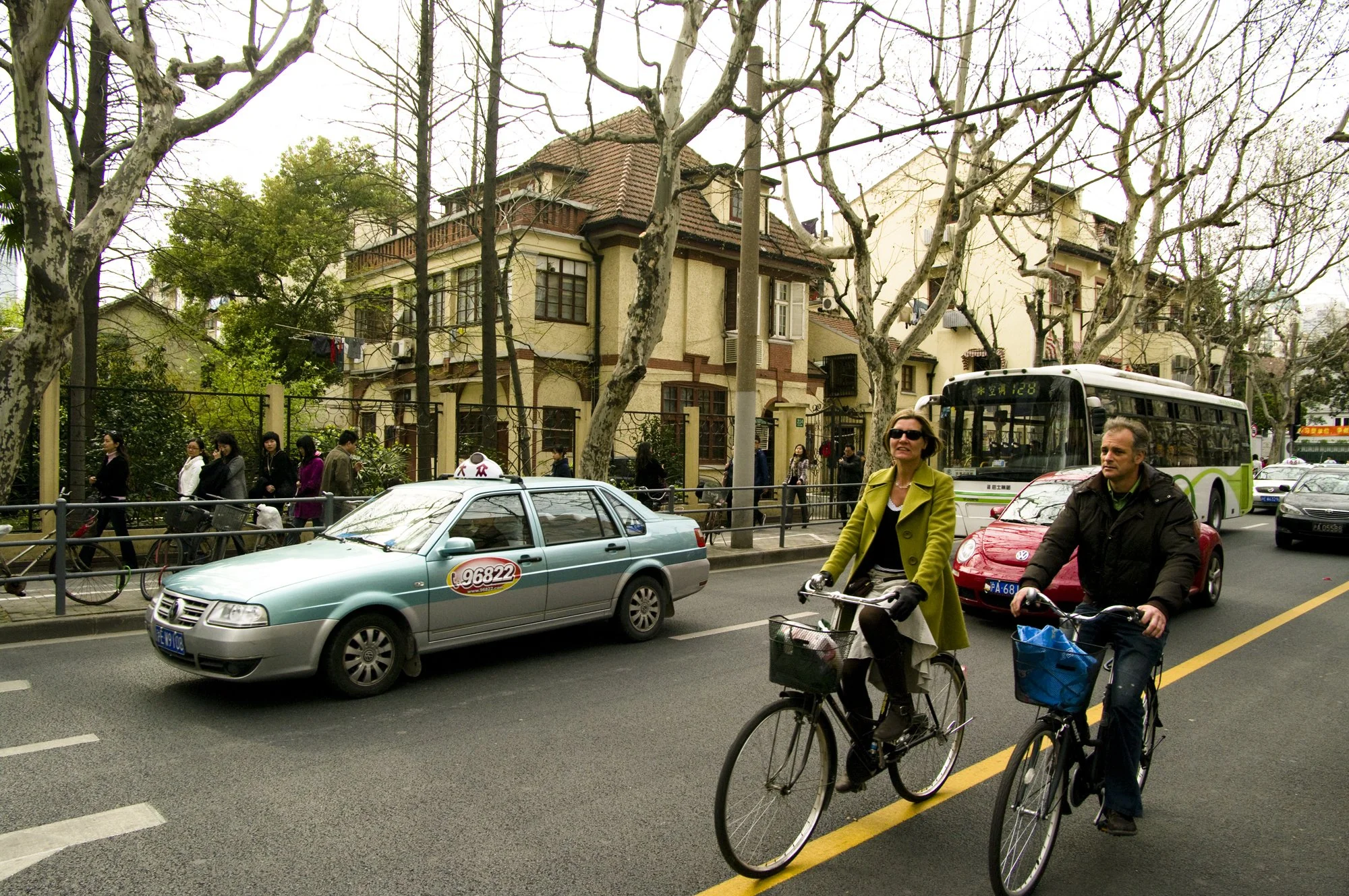Troubled waters for foreign entrepreneurs
The Beijing-based China Entrepreneurs professional organization made its debut in Shanghai on May 13, with its first in a series of entrepreneurship-related seminars.
The theme of the event was “The State of Entrepreneurship in China” and was well-attended by both foreign and local entrepreneurs who came to Three on the Bund’s Space by Three meeting facility for networking and a roundtable discussion.
Speaking were China entrepreneur Jack Perkowski, founder of auto-parts supplier ASIMCO and protagonist of the book Mr. China; Taiwanese entrepreneur Raymond Chang, who is bringing a new take to home television shopping in Shandong; and Rocky Lee, an American lawyer with DLA Piper who heads its Asia Venture Capital and Private Equity practice.
While the session was informative, it did not have time to address two issues of the current entrepreneurial environment in China that are on people’s minds: How have recent visa restrictions affected entrepreneurship activities, and have regulatory barriers changed for foreign-run start-ups.
Of the two, the visa situation may be the most worrisome to budding foreign entrepreneurs. As reported in last week’s Business Journal article on visa regulations, business visas – long the mainstay of businesspeople traveling to China on business as well as for those with no work sponsorship in China – are now much harder to get due to stricter documentation requirements and come with shorter durations.
Foreign Chambers of Commerce and consulates have been active in petitioning the Chinese government to clarify the changing visa situation because of its potential to disrupt existing trade, but left out of the debate are the legions of entrepreneurs who come to China on their own to study business opportunities and even launch their own sourcing, Internet, or F&B business. The fact that many entrepreneurs may start without a proper Wholly-owned Foreign Enterprise is the start of the problem.
In practical terms, this means their business has no legal status in China. That usually doesn’t stop a wily entrepreneur, who may have an offshore or Hong Kong-based company to handle the legal transactions. The situation now, however, is that those entrepreneurs may not be able to get business visas to continue working on their company and will face tremendous time and money costs to establish a legal presence. At this stage, many entrepreneurs are in limbo or frantically looking for ways to set up a WOFE quickly to sponsor their own visas.
Nobody said doing business in a foreign country would be easy, but China has had a notable number of loopholes which are now starting to be plugged. Ironically, the post-WTO era in China is becoming stricter as China harmonizes regulations in line with international practices, such as the unified corporate income tax rate starting this year.
After six years of WTO membership, China has implemented almost all of the commitments it made to join the WTO, even finally opening up the banking sector to full competition. So in theory this means, for an entrepreneur, the business opportunities are more numerous that ever before? Wrong. For large companies the playing field is wider, but smaller entrepreneurs need a company too and there is still no suitable vehicle for foreign entrepreneurs.
For example, WOFEs are subject to far greater capital requirements and additional regulations compared to locally-owned firms. For a small restauranteur or Interpreneur, the barriers are still as high as they were several years ago and nowhere near as liberal as, for example, business-friendly Hong Kong.
So, facing these challenges and an extremely competitive high-inflation business environment in China, what should new entrepreneurs do, according to the panel?
Raymond Chang said that entrepreneurs needed to get out of the tier one cities, such as Shanghai and Beijing, and focus more on the second, third and even fourth or fifth tier cities: 60 to 70 percent of the sales on his TV home shopping network in Shandong come from the rural areas, he said.
Although more geographically-fragmented, the lower tier cities offer much greater opportunities: China’s National Bureau of Statistics says that the third to fifth tier cities have more than double the population of the first two tiers, approximately 234 million people versus about 118 million as of the last major census in 2005. That leaves the majority of China’s 1.3 billion in the less-developed rural areas.
Incomes in the lower tiers are not necessarily poor, the third to fifth tiers have on average half the salaries of the first and second, and 43 percent of China’s GDP is generated in the third to fifth tiers versus 34 percent in the first and second tiers, so there are plenty of underserved newly-affluent customers.
Rocky Lee cautioned not to under-estimate local firms, saying management teams here are “extremely competitive” and foreigners must be willing to take local salaries to keep their costs in line.
It is clear from the observations of the panel that foreign entrepreneurs have few advantages that cannot be copied, and with the added pressures of visa and an environment not very friendly to small foreign entrepreneurs, it is a long road to success.
Jack Perkowski, long-time China businessperson and former Wall Street banker, repeated the advice he said he was given numerous times on first coming here, and this is still a takeaway for entrepreneurs today, “China is a marathon, not a sprint…Be persistent.”
Republished from June 2, 2008
Jason Inch is a Shanghai-based consultant and co-author of the soon-to-be-released “Supertrends of Future China.” Email: Jason@ChinaSupertrends.com


